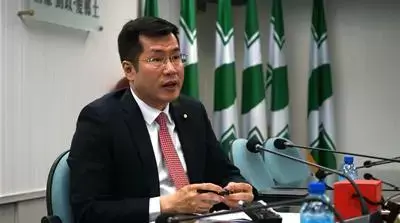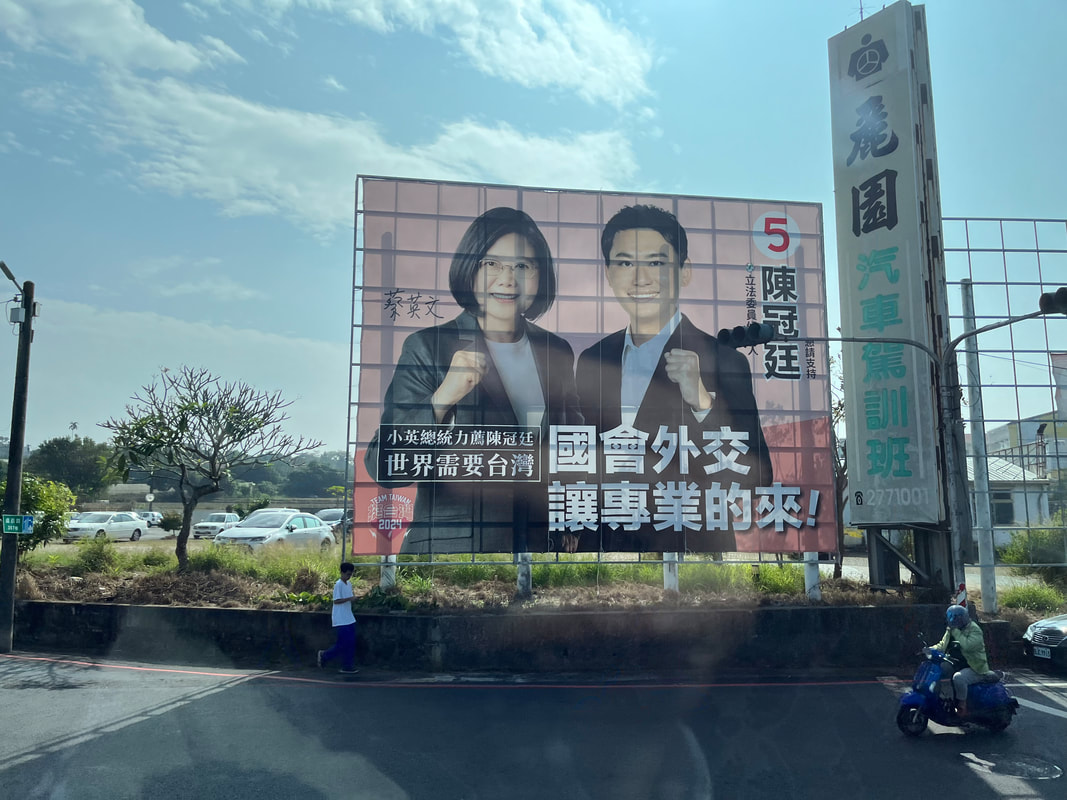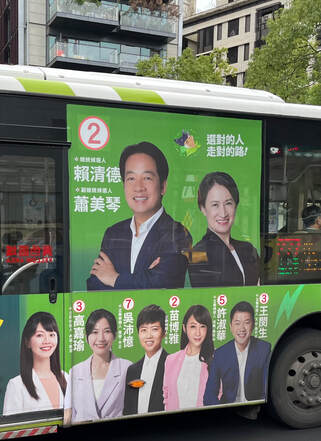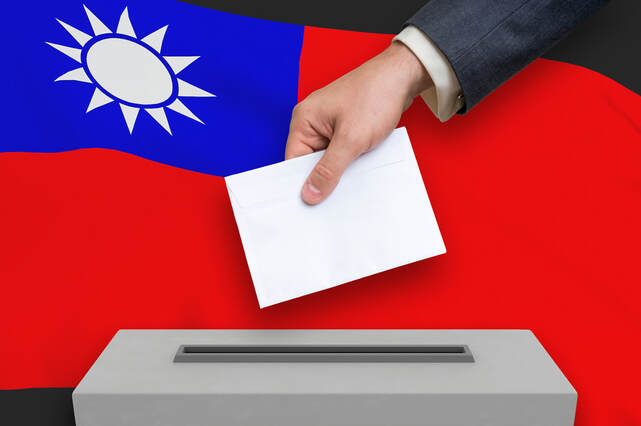1. New Taipei 7. Lo Chih-cheng vs Yeh Yuan-chih. If the DPP has any chance of holding their majority in this election, they need to win this race. Lo Chih-cheng is vulnerable in a district he won with only 47% in 2020, and he's been the target of a rumor campaign and an apparent deepfake video. But the district is a little greener than Taiwan as a whole: Tsai Ing-wen won 59% here in 2020 and 58% in 2016. If the DPP can't hold on in this kind of marginal district it bodes poorly for their overall chances.
2. New Taipei 12. Lai Pin-yu vs. Liao Hsien-hsiang. This district is the NPP member Huang Kuo-chang's old constituency; he won here when the DPP yielded the seat to him in 2016. In 2020, the DPP's Lai Pin-yu won a wild, close race here 45-44%, with an NPP candidate pulling 7%. This time around the campaign appears to be a straight-up green-blue race, with Lai facing off against the KMT's Liao Hsien-hsiang. The outcome will tell us something about which party is better able to win cross-over voters.
3. Taichung 2. Lin Ching-yi vs. Yen Kuan-heng. This district has been a constant battlefield over the last 8 years: the KMT's Yen Kuan-heng, son of the notorious gangster-politician Yen Ching-piao, won it in 2016, then was upset in 2020 in the biggest shocker of the cycle by the Taiwan Statebuilding Party candidate Chen Po-wei. Chen was then recalled in 2021, but Yen lost the by-election to the DPP's Lin Ching-yi. Now Lin is facing off against Yen again, except it's a general election with much higher turnout. The result will say something about the declining effectiveness of factional "black gold" politics in one of its remaining bastions in central Taiwan.
4. Kaohsiung 6. Huang Jie vs Chen Mei-ya vs Kuo Pei-hung. This district looked to be a safe hold for the DPP--until legislator Chao Tien-lin was exposed as having a mainland Chinese mistress. Chao dropped out of the race, and the DPP then nominated the former NPP councilor Huang Jie to step in, angering the deep green former chairman of FTV Kuo Pei-hung, who had his eyes on the seat. So now there's a pan-green split in the district, with the KMT candidate Chen Mei-ya well-positioned to win if green voters divide along the traditional progressive-conservative divide within the DPP.
5. Highlands Indigenous Constituency. Saidhai Tahovecahe vs many others. These special indigenous seats always get overlooked in narratives about the campaign, but they're competitive and potentially important to the balance of power in the LY this time around. In 2020, the DPP candidate Saidhai Tahovecahe won in a stunning upset, becoming the first DPP member ever to hold a seat in that constituency. If she can hold on for a second term, that would be especially valuable to the DPP this cycle, and it would break with past precedent. In the plains constituency, the DPP representative Chen Ying is in a similar situation.





 RSS Feed
RSS Feed
